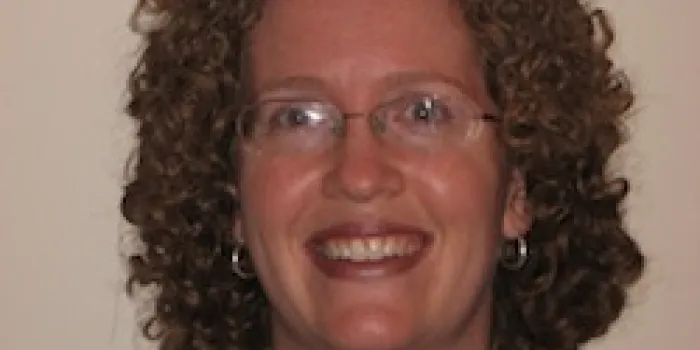HemAware is conducting a series of interviews with recipients of the NHF-Shire Clinical Fellowship. It is funded through the generous support of Shire. The objective of this grant is to increase the number of skilled clinicians committed to providing comprehensive care for individuals with bleeding and clotting disorders and to prepare candidates for academic careers.
This interview was conducted with Shannon Meeks, MD, assistant professor of pediatrics, Aflac Cancer and Blood Disorders Center, Emory University and Children’s Healthcare of Atlanta Hemophilia Treatment Center (HTC). The fellowship was funded from 2005–2007.
Why did you decide to study medicine?
Although both of Meeks’ parents are physicians, a camp changed her career path from math to medicine. Working at Camp Boggy Creek—one of Paul Newman’s Association of the Hole in the Wall Camps—in Eustis, Florida, one summer during college cemented her decision to study medicine at the University of Mississippi in Jackson. “I’d always had an interest in taking care of kids. It was just a matter of deciding in what context,” Meeks says. At the camp, she enjoyed the opportunity to take care of children with chronic and terminal illnesses. “At that point, I decided to go to medical school with a particular interest in pediatric hematology/oncology.”
What initially attracted you to hematology?
Meeks was drawn to hematology during a summer internship at the Mississippi Children’s Cancer Clinic. “I was really fascinated by how the blood worked and how it clotted.” Those interests were strengthened while Meeks pursued her residency in pediatrics at the University of Virginia in Charlottesville. “Doing the coagulation consults—the puzzle of putting it all back together and figuring out which part was missing—that’s what attracted me.”
How did the training and mentorship you received as an NHF-Shire Clinical Fellow affect your decision to pursue clinical care and/or research in bleeding disorders?
“I got both coagulation experience and research experience in the lab, as well as strong clinical coagulation mentoring,” says Meeks. Her mentors at Emory were John S. (Pete) Lollar, MD, and Thomas C. Abshire, MD. “I used the combination of both to launch a career as a physician-scientist.”
Are you still engaged in the clinical aspects of patient care or bleeding disorders research? What aspect of care are you most interested in?
Meeks balances clinical care of pediatric patients with research. Her research on patients with inhibitors is part of a multi-investigator, NIH-funded U54 at Emory investigating biological variability in hemophilia A.”I’m interested in looking at how individual profiles of inhibitor epitopes [sites on antigens where antibodies attach] influence a patient’s response to treatment with both FVIII and bypassing agents, as well as response to immune tolerance therapy.”
Did your NHF-Shire Clinical Fellowship assist in advancing your own position at your institution? Or did it serve as a building block to further your career in coagulation?
For Meeks, the fellowship served a dual purpose. “The extra focus on coagulation provided by the fellowship solidified that portion of my training and it was the initial stepping stone to further external research funding.”
Where do you think bleeding disorders research and clinical care may be headed in the near future? In the next decade?
“A lot of the research that we’re seeing is looking at ways to improve treatment options in terms of longer-acting products or gene therapy,” says Meeks of the near-term developments. Additionally there is work focused on modifying risk factors for inhibitor development. In the future, she predicts more individualized treatment plans based on multi-level assessments of each patient. She also predicts that there will need to be ongoing work looking at the impact of new products and gene therapy on outcomes.
What profession would you be in if you weren’t in medicine?
“I would be a high school math teacher, teaching anything from algebra to calculus,” says Meeks, who has a bachelor of science degree in mathematics from Duke University in Durham, North Carolina. She would have coached sports on the side. She played softball and basketball growing up in Mississippi. “I still play recreational softball today and have spent some time as a volunteer coach for a local school’s softball team.”

